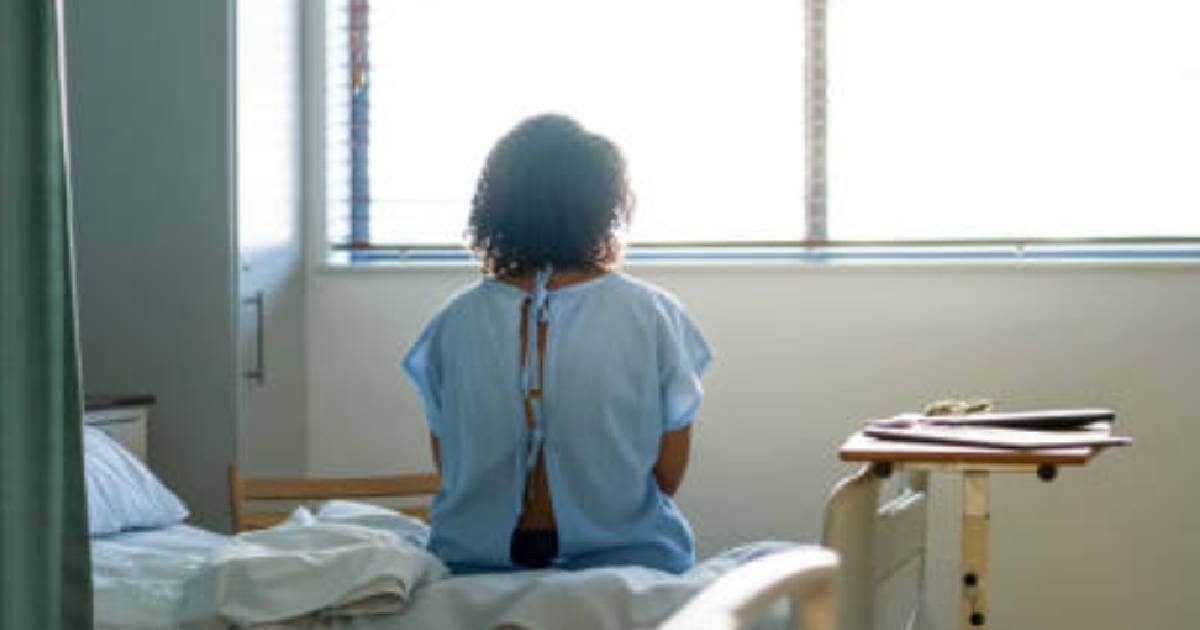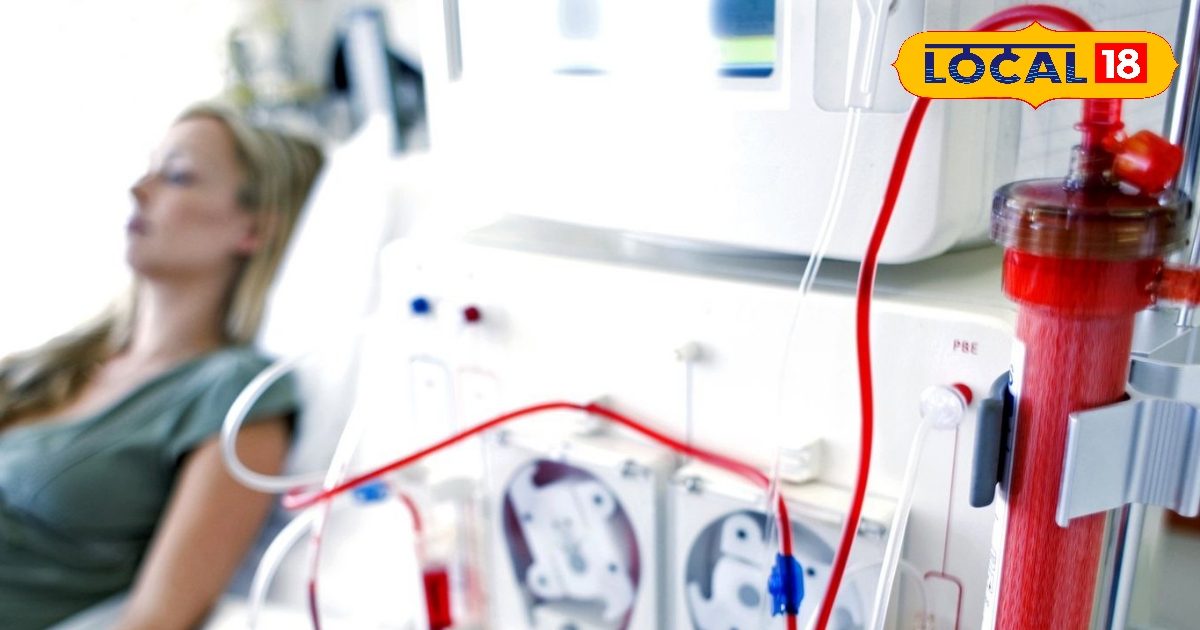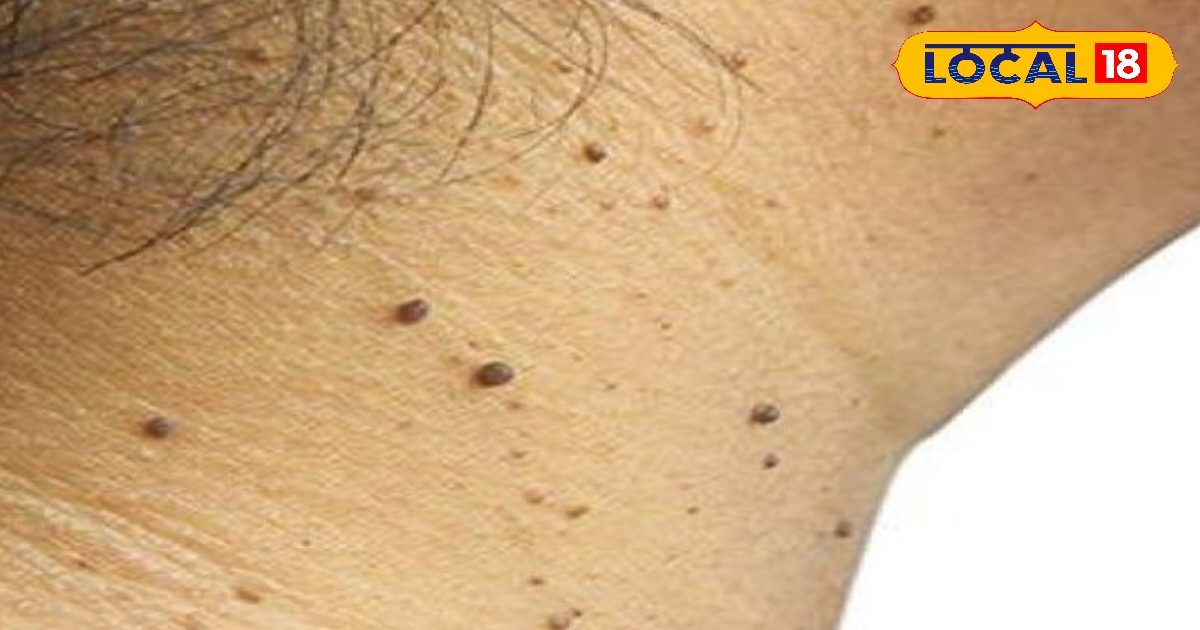In order to make the healthcare more moral, accessible and patient-centered in India, the Padma Awards who were united in Delhi warned against the deepening crisis of diseases. While discussing the topic ‘should be like Halthcare’, senior doctors stressed rural-urban inequality, prevention-based care, drug price, hospital expenses and technical solutions.
India cancer capital
Dr. Anil Kohli, Editorial Head and Padma Bhushan of Indian Journal of Dental Research, said that India has become the capital of oral cancer. Tobacco, paan and poor eating are a major reason for this. In addition to affordable dental insurance for treatment, early examination and prevention is very important to prevent this disease.
Padmashree Dr. Anup Mishra, chairman and eminent diabetes specialist of Fortis C-DOC Hospital, warned that one in every three person in Delhi has diabetes. While 30% of people are pre-diabetic and they can be included in the list of diabetic patients anytime. This is not a matter of pride. Lifestyle changes and awareness are the real weapons. Medications like ozmpic etc. can also be helpful, but people need to understand that its real solution is a change in lifestyle.
Myopia became a challenge
Dr. A.K. Grover said that it is really an achievement that India performs the highest cataract surgery in the world but now challenges like growing myopia will have to be handled with prevention and nutrition. Myopia has become the biggest problem from children to elders today.
In Medanta, Gurgaon, interventional cardiology expert and Padmashree Dr. Praveen Chandra said that the heart is the center of all diseases. Healthcare and angioplasty given to the patient in the golden hour can save life. Today, up to 80–90 years of patients, advanced cardiac treatment is available.
16 percent people to kidney disease
Padmashree Dr. A.K. Bhalla said that chronic kidney disease has now become like an epidemic. 13–16% adults are affected by this serious disease. Diabetes and blood pressure are the major reasons for this. Initial investigation and community education is necessary to prevent this.
During this, senior physician Padmashree Dr. Mohsin Wali said that trust-based, non-profit models like Sir Gangaram Hospital can show the right direction of healthcare.
At the same time, President and Co-Founder, Pacific One Health Dr. Swadip Srivastava said that healthcare should be a promise, not a privilege, but a promise. This should be not only based on morality but also innovation-operated and patient-centric promises. The path of the future is not to leave anyone behind, combining primary and high level treatment.




